Reflecting on racial attitudes in Colorado Springs during and after the Civil Rights Movement
COLORADO SPRINGS, Colo. (KRDO) -- Part of the purpose of the annual holiday honoring the late civil rights leader, the Rev. Dr. Martin Luther King, Jr., is to remember how uncomfortable -- and even dangerous -- life was for many African-Americans in the United States.
But what was life really like for them in the Pikes Peak region, during and after the Civil Rights Movement that ended in 1968?
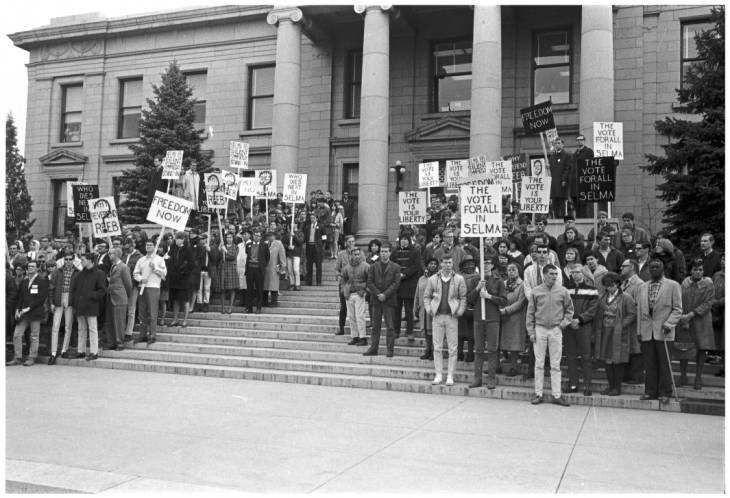
Vonncelli Fix was 10 years old when she and her family moved to Colorado Springs in 1972, when her father was assigned to Fort Carson.
Fix said her father wanted to buy a house near the intersection of Pikes Peak Avenue and Chelton Road on the city's east side.
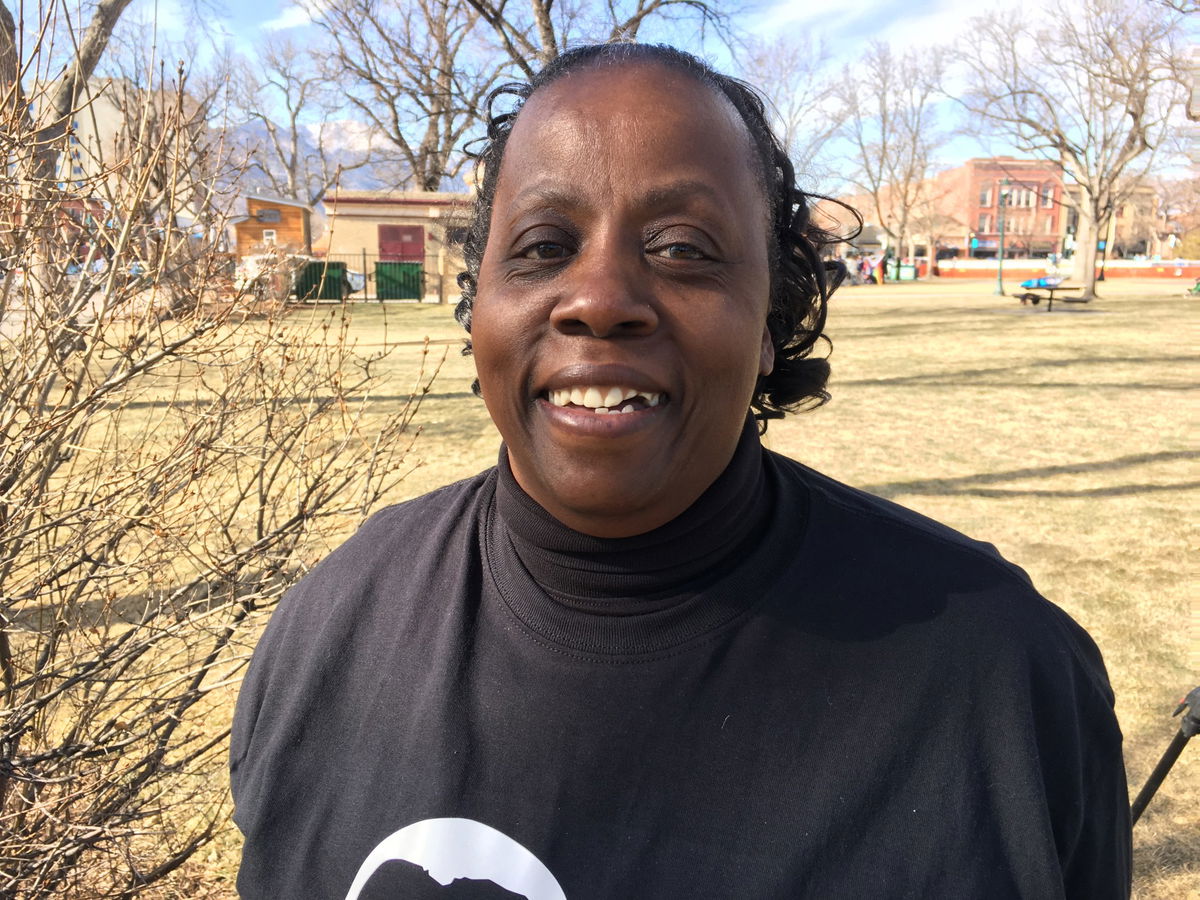
"He wanted it because it had a pool," she said. "But they told him black people weren't allowed to live there."
Fix said her family ended up living in a house on Luna Drive in Fountain, where a number of black families were already living.
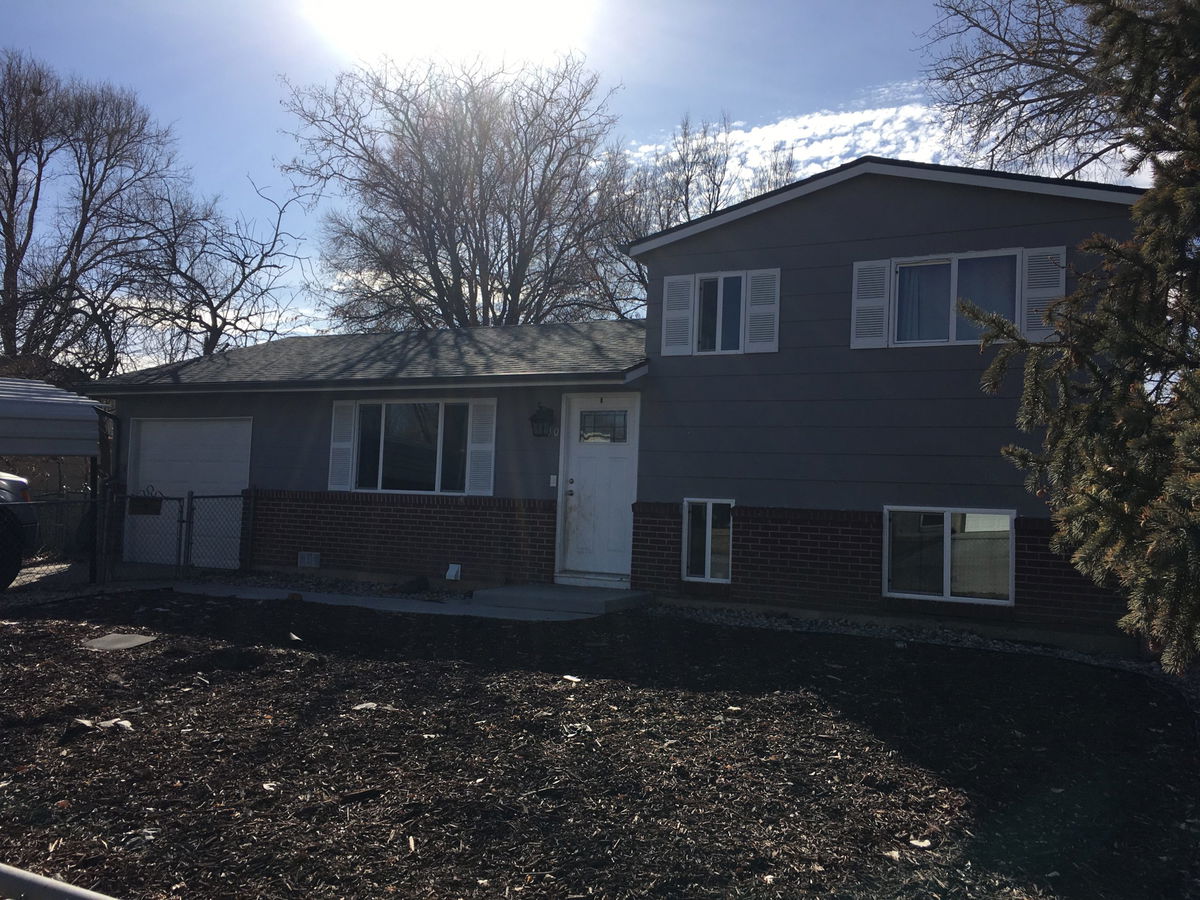
"It was an uncomfortable time," she said. "We didn't go out at night, we didn't go to the mall. White people didn't say anything or were overtly racist, but they made you feel uneasy. They followed us around in stores. They waited [in the cashier's line] on us after they waited on everyone else."
The Fix family's home was several blocks away from the New Jerusalem Church -- founded by the late Rev. James McMearn -- where the Klu Klux Klan burned a cross that same year and marched in the area as late as 1980.
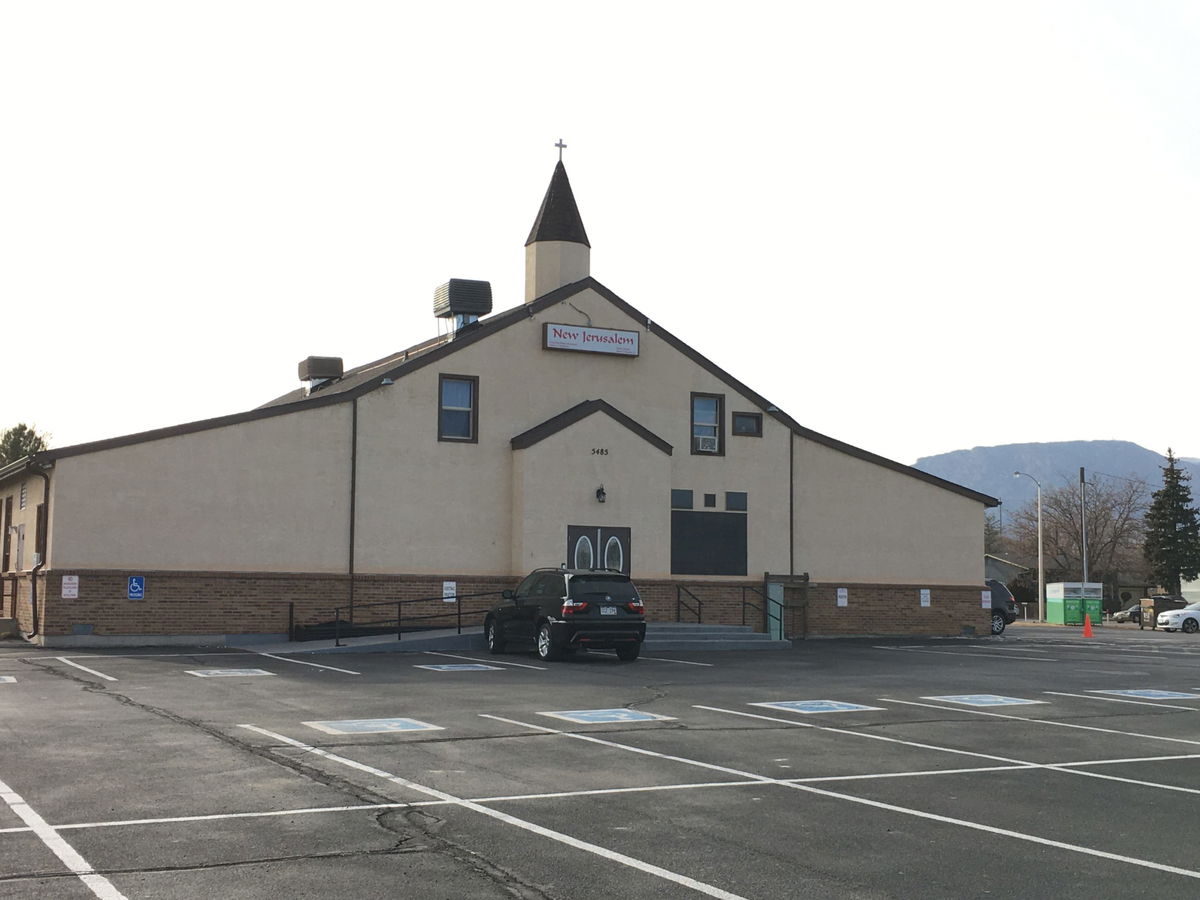
"Having to fight through the KKK marching on the property, and the death threats and the burning of the cross, so that the entire community knew the fight they were having to deal with," said daughter Elizabeth McMearn.
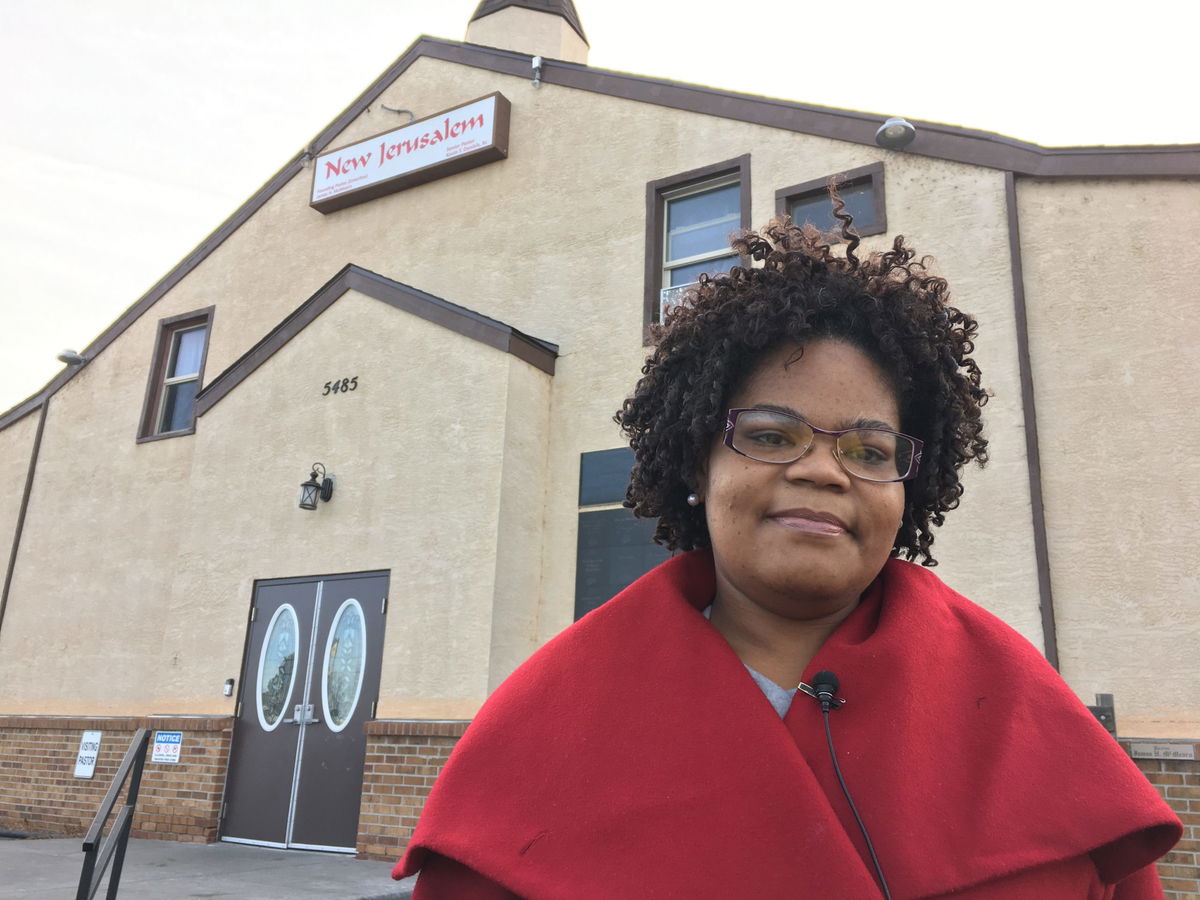
Fix said between 1974 and 1977, she lived for a year with family friends in Germany, then with relatives in North Carolina.
"When I came back to Colorado Springs, things were starting to change because of the TV series 'Roots' and it affected how people viewed each other," she said. "It even educated me about slavery because my parents never told me about it."
Fix said she graduated from Widefield High School in 1981, spent a few years in Utah -- where she said racism was even worse -- and returned to find Colorado Springs had changed for the better.
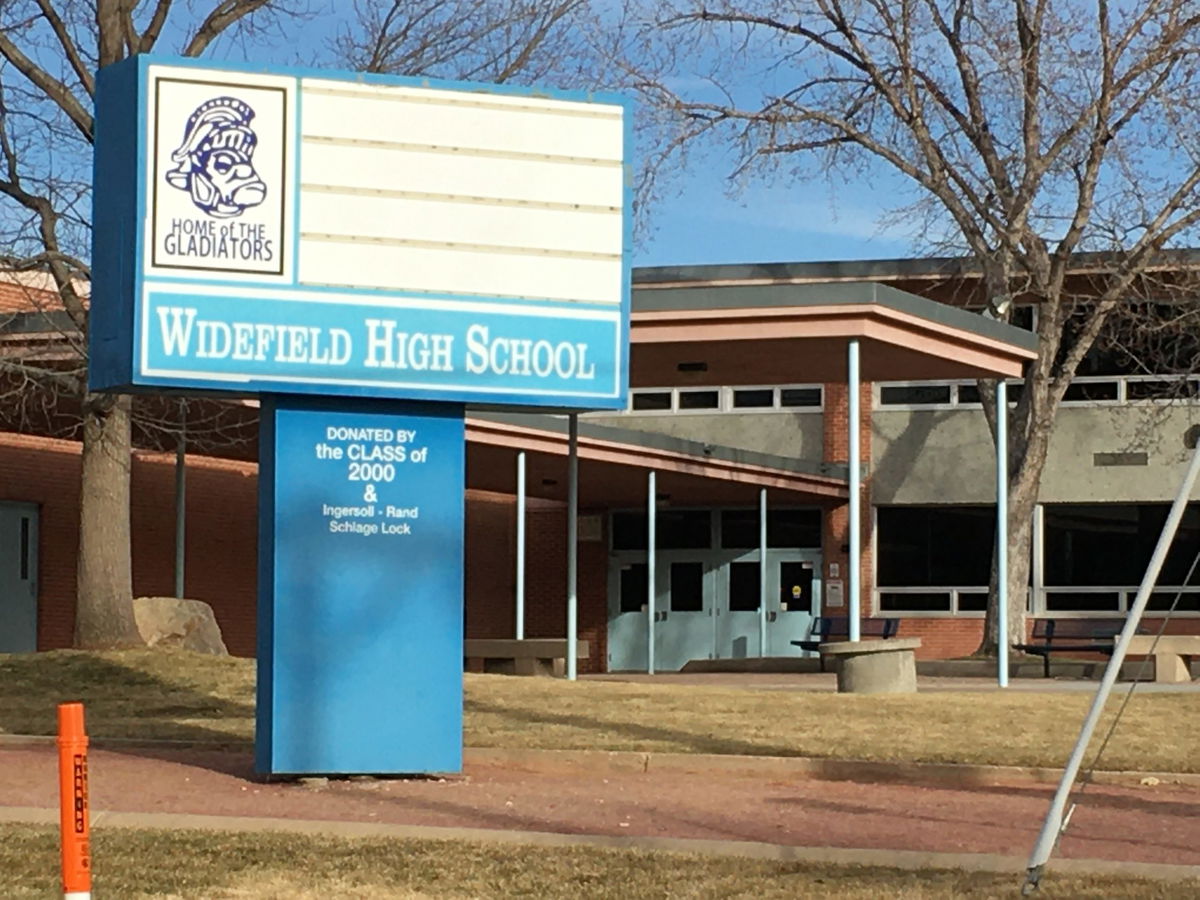
"People were much nicer," she said. "There were more black businesses. You just felt more comfortable here."
Fix said she has been a regular Colorado Springs resident since 2010.


